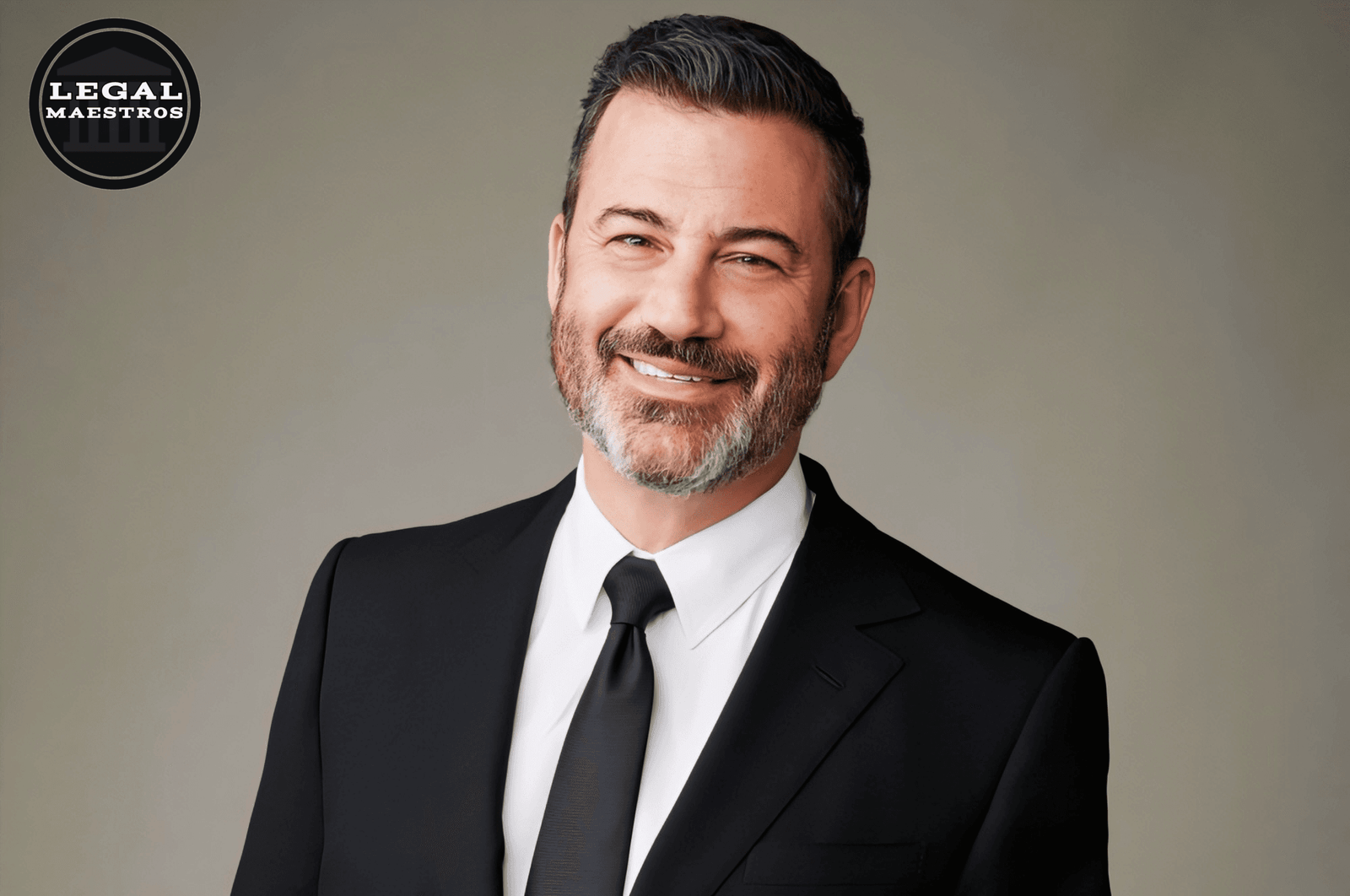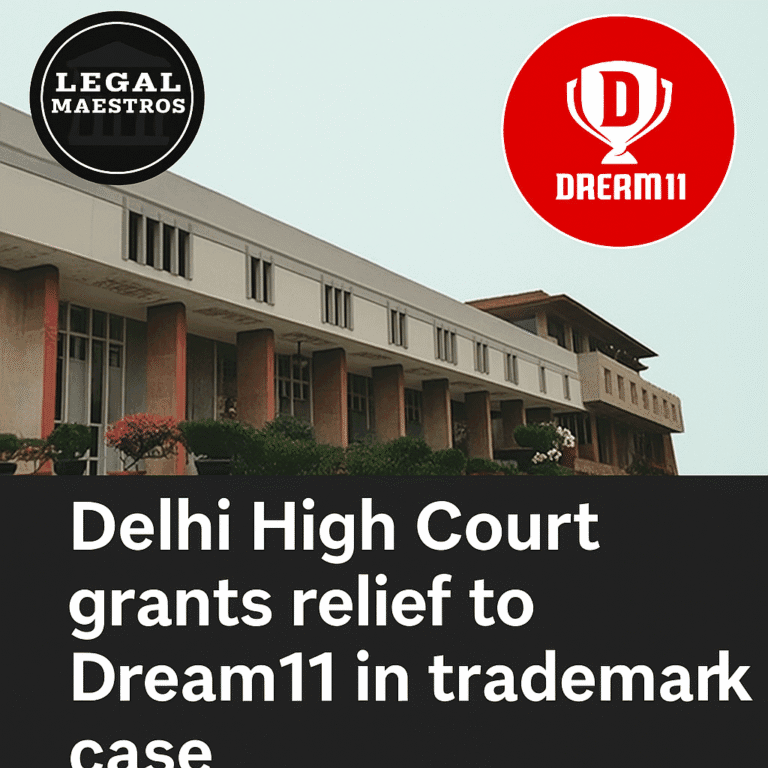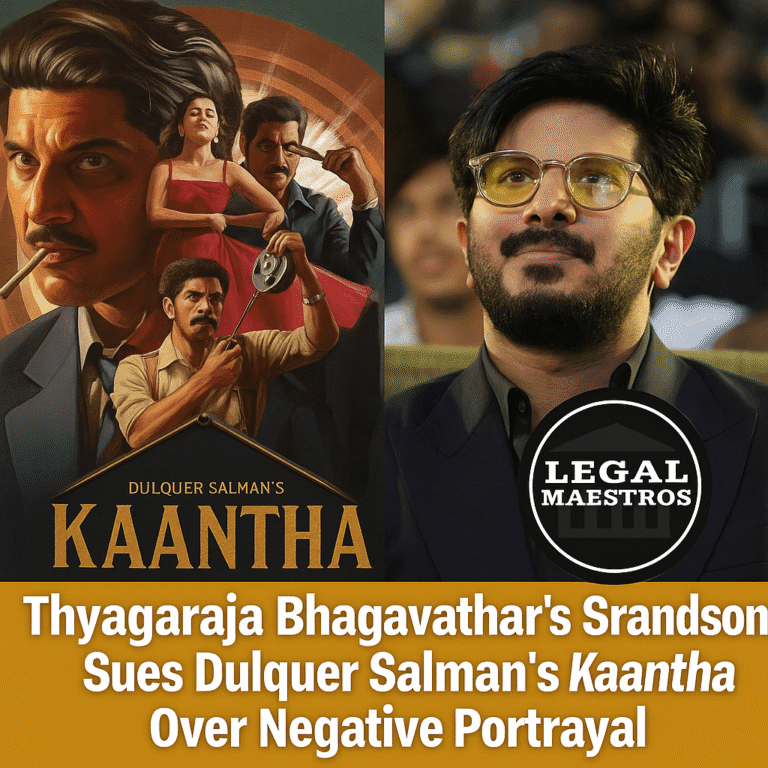
The Case of Free Speech: A Lawsuit Guided Tour of the Jimmy Kimmel Controversy.
The latest suspension of the late-night show by Jimmy Kimmel after he made remarks on the assassination of conservative activist Charlie Kirk has sparked a raging debate in the United States. It is not just a TV show story, it is a pivotal moment, pushing the limits of free speech and the place of the government in a democratic society. The core issue of the problem consists of legal principles, which are embedded in the First Amendment to the U.S. Constitution, which safeguards against censorship by the government.
The critical actors, the legal arguments at issue, and the history behind the broadcast media environment regarding the regulation of speech all need to be examined in order to see the entire picture of this problem.
A Shield against Government Censorship, the First Amendment.
The first amendment to the constitution of the U.S is notoriously straightforward; congress shall enact no law that will curtail the freedom of expression or of the press. It implies that the government and even federal agencies such as the Federal Communications Commission (FCC) cannot exercise the power to censor or censure speech that they do not like. The safeguard is extensive and covers a vast scope of expression and includes political commentary, satire and even speech offensive or distasteful to many individuals.
For any queries or to publish an article or post or advertisement on our platform, do call at +91 6377460764 or email us at contact@legalmaestros.com.
The Supreme Court has always held that the government is not allowed to censor speech depending on what is said, or the opinion that is being presented. The only exceptions to this rule are incredibly limited and they are such things as a genuine threat of violence, incitement to lawless conduct, and obscenity. Criticism of a political figure or a social movement and even rather brutal one do not belong to such unguarded categories.
The FCC and its Role as well as the standard of public interest.
The scandal of the suspension of Kimmel is closely connected with the activity of FCC. The FCC is an arm of government which amongst others licenses and regulates the local television and radio stations. It has been given powers under the Communications Act of 1934 which stipulates that the broadcasters be in the public interest.
Traditionally, this standard of the public interest has granted the FCC certain authority over the content that was aired on the broadcast media, especially on indecency and obscenity, since the airwaves is seen as a scarce national resource. But even legal experts and even the officials of FCC themselves have consistently argued that this power does not extend to policing political speech or penalizing broadcasters who have aired material to which the government finds politically inconvenient.
For any queries or to publish an article or post or advertisement on our platform, do call at +91 6377460764 or email us at contact@legalmaestros.com.
Reports indicate in the Kimmel case that FCC Chairman Brendan Carr was publicly threatening to scrutinize and review the licenses of Disney and its parent company ABC in response to a monologue Kimmel gave. He replied saying, we can do this the easy way or the hard way and that the content was garbage that did not benefit the needs of our local communities.
That is where the legal firestorm starts. Many may view the threats of even a high-ranking government official even though it may not be a formal order as a way of jawboning or coercion. The implication is that the government is exercising its authority and influence to compel a private company to do what it would not have done otherwise, just as the government does not want to hear it.
The Supreme Court has already dealt with such coerciveness of government. National Rifle Association v. in 2024 case. Vullo, the Court decided unanimously that any efforts by a New York regulator to make companies to avoid associating with the NRA constituted coercion and was a violation of the First Amendment. Law scholars are making a parallel argument, claiming that the threats of the FCC against Disney are a parallel effort to use a regulatory status to stifle political speech.
For any queries or to publish an article or post or advertisement on our platform, do call at +91 6377460764 or email us at contact@legalmaestros.com.
The first Amendment and the private Companies.
It is worth explaining one of the legal considerations: the First Amendment mostly refers to government rather than how individual companies behave. A privately owned company such as ABC or its parent company, Disney, is usually at liberty to determine what it wants to broadcast on its platforms. That being the case, in the event that ABC had chosen to suspend Kimmel on its own, it would not be a violation of the First Amendment.
With the case of the private company, however, this is different when the decision taken was brought about by the government pressure. The boundary between a decision made by a government official (such as the broadcast licenses, an impending merger, etc. of a company) and government censorship is abnormal when the former tends to compel the latter to change its programming. It is no longer a purely private act, it is viewed as the government employing a privately based organization as a tool to folly unconstitutional censorship.
In this instance, Nexstar, one of the largest owners of ABC affiliate stations and whose merger was in the tune of billions of dollars before the FCC, has been said to be among the first to cancel the show. This row of occurrences highly indicates that the network and its affiliates succumbed to the pressure of the government to safeguard their business interests and the suspension was a factual act of censorship by the government.
For any queries or to publish an article or post or advertisement on our platform, do call at +91 6377460764 or email us at contact@legalmaestros.com.
The case of Precedent of United Church of Christ v. FCC
It is not the initial occasion when the power of FCC has been questioned. One of the landmark cases of the 1960s, the case of the United Church of Christ v. FCC, instituted the right of people to contest against renewal of a broadcast license. In the latter, the FCC was alleged to be not defending the interest of the people whereby it disregarded the interests of the Black occupants in Jackson, Mississippi, whose local station was editing news on the civil rights movement. The Court finally ruled in favor of the common people group, indicating that the license of a broadcaster is a social trust and the FCC should hold them responsible to cater to the local population.
However, when FCC did not take any action in that case, the present case is the opposite; FCC might be excessively extending its power to censor speech. Nevertheless, the basic principle is the same, the actions of FCC should be directed to the public interest, rather than the promotion of the political agenda through the suppression of the opposing voice.
A Stress Test for Free Speech
The Jimmy Kimmel suspension is a first amendment stress test. It demonstrates the way in which the current government threats might be equally threatening as formal laws, chilling the speech. The government can effectively regulate what is being aired in the airwaves by its regulatory authority to scare the media houses without necessarily enacting a law that will directly prohibit the speech.
For any queries or to publish an article or post or advertisement on our platform, do call at +91 6377460764 or email us at contact@legalmaestros.com.
This has been strongly criticized by the proponents of free speech and even the FCC members themselves. It is undisputed that the government has no justification to censor what is played in the airwaves, particularly when it is political commentary. It is not the government but the masses that control what constitutes garbage as well as what is in the public interest. The legal issue under consideration is one of the most important tenets of the American democratic system: free and unfettered exchange of ideas, including those that we consider abhorrent, is one of the tenets of the American society. The right of the people to hear and to judge every side of an issue should not be interfered by the government regardless of the origin or the means.


![JOB POST: Junior Associate at ASM Law Chambers, Jaipur [Freshers]](https://legalmaestros.com/wp-content/uploads/2025/11/Gemini_Generated_Image_8wrxer8wrxer8wrx-768x708.png)

